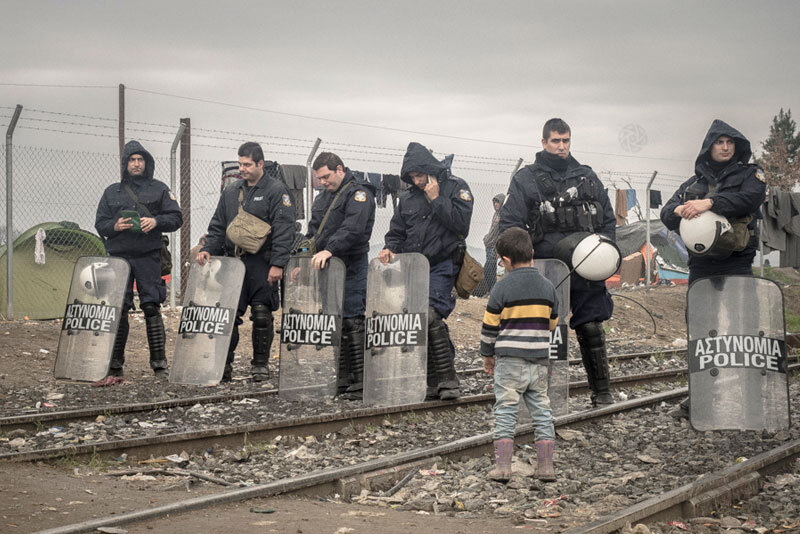Migration in the Mediterranean

Learning goals
What are the key features of migration in the Mediterranean? What are the main drivers, policies and impacts of such an extended, high-profile and politicized issue in the region? The central aim of this capsule is to provide a holistic overview regarding migration in the Mediterranean that differs from how the issue is usually described by the mainstream media and portrayed by political discourses.
With the collaboration of:

Photography: Mònica Parra.
Knowledge
- Gain an understanding of the basic concepts and data concerning mixed migration dynamics in the Mediterranean.
- Gain an understanding of Mediterranean migration governance and the main policies developed in the region. Learn about EU external migration policies – e.g., the EU-Turkey deal – and some of their effects.
Abilities
- Analyse and think critically about Mediterranean migration, and about the effectiveness of migration policies and their effects on migrants’ and refugee’s lives and rights.
- Encourage alternative perspectives and narratives regarding migration in the Mediterranean.
Attitudes
- Adopt a critical point of view when analysing migration data and trends and question current policies and narratives.
- Commit to promoting migrant’s and refugees’ rights and voices.
Mediterranean migration: a historical phenomenon or a political problem?
The Mediterranean is a region particularly marked by complex migration dynamics. Population movements have been a constant in the region’s history, forming a key part of its culture and socio-economic past. In recent decades, however, migration has become an issue of great social and political relevance.
